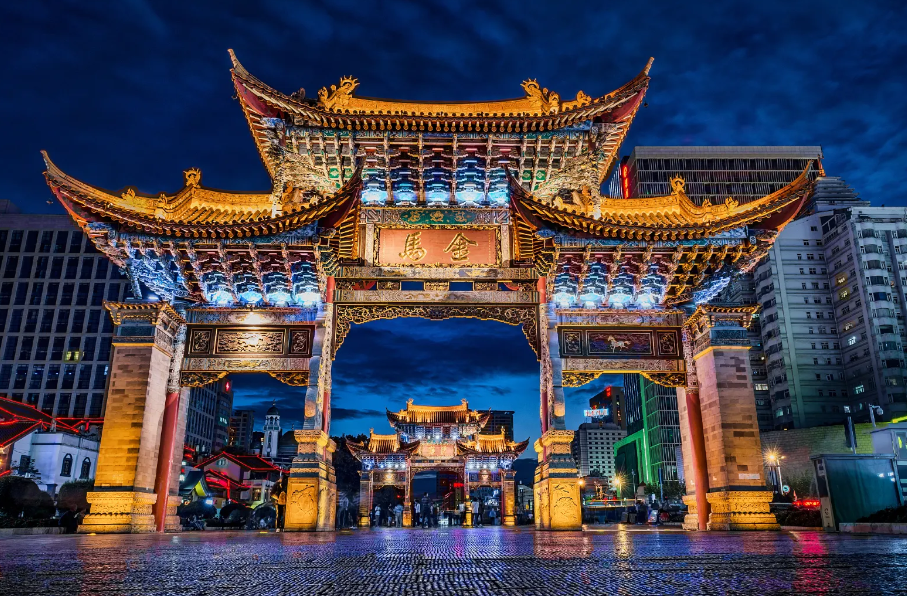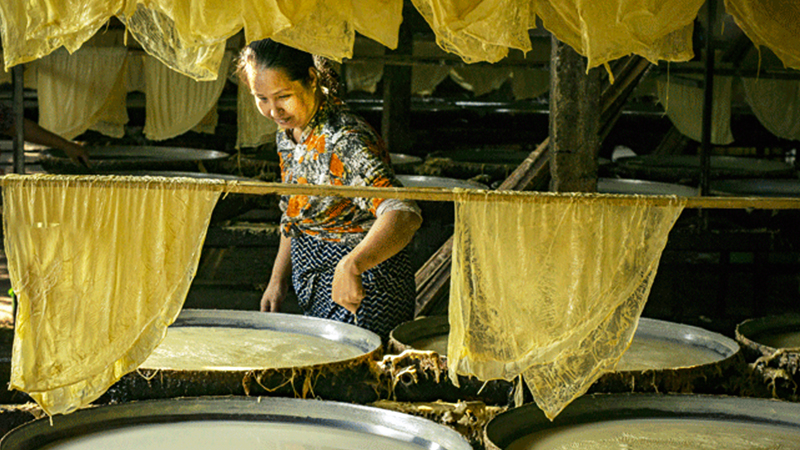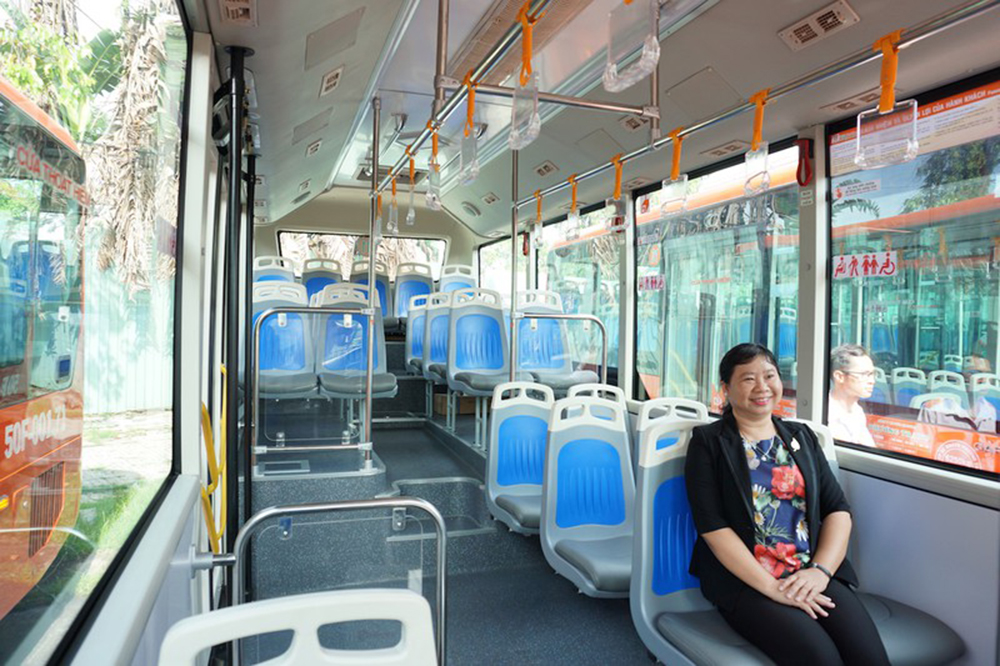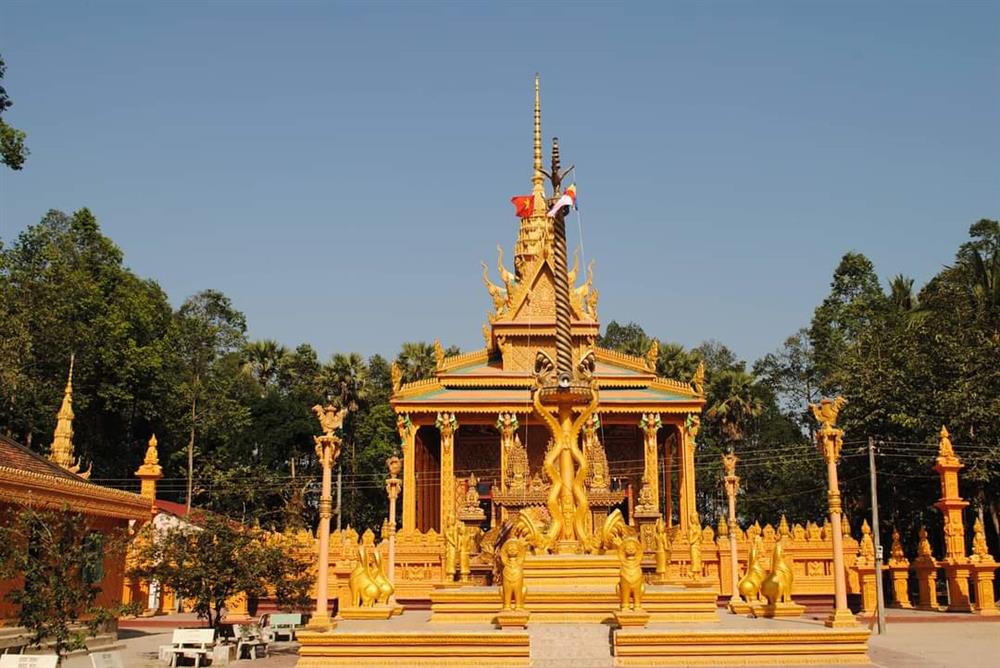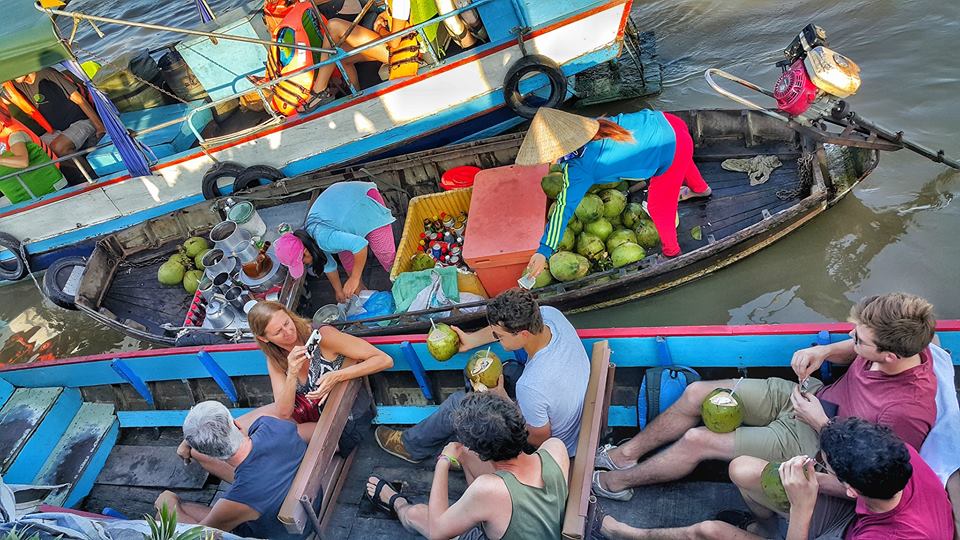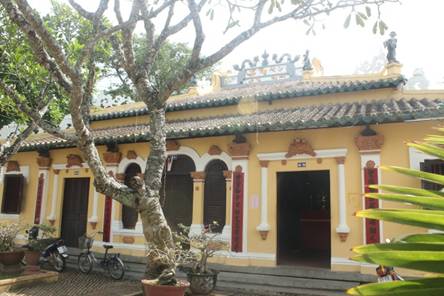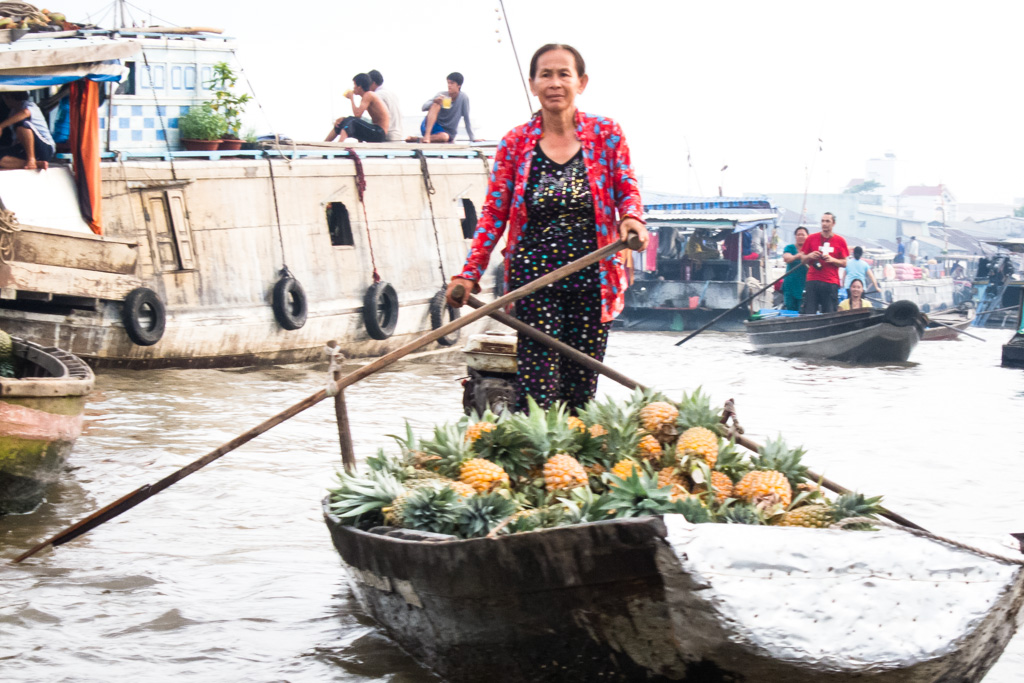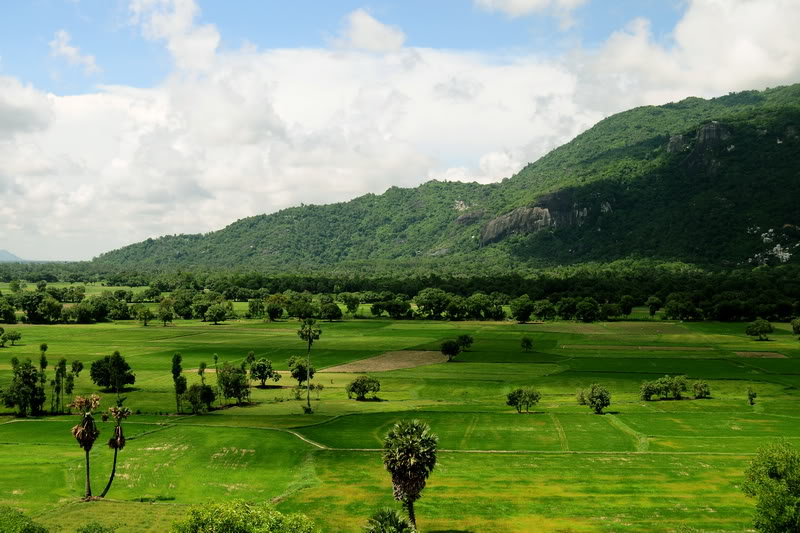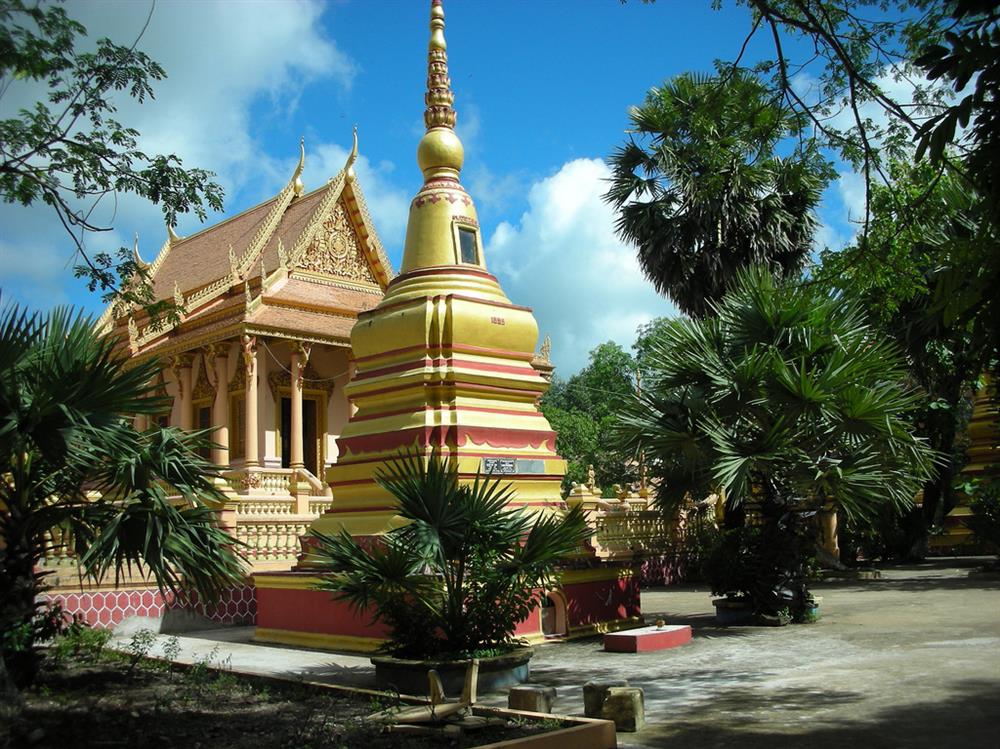1. Like On The Sidewalk
Vietnamese spend a lot of time on the sidewalk. With the country’s amazing street food scene, café and sidewalk culture (including curbside barbers, markets, and workout classes), it’s not hard to see why we love to get out of the house. Meeting friends? To the sidewalk. Need a haircut? To the sidewalk. Grocery shopping? You know where to find us.
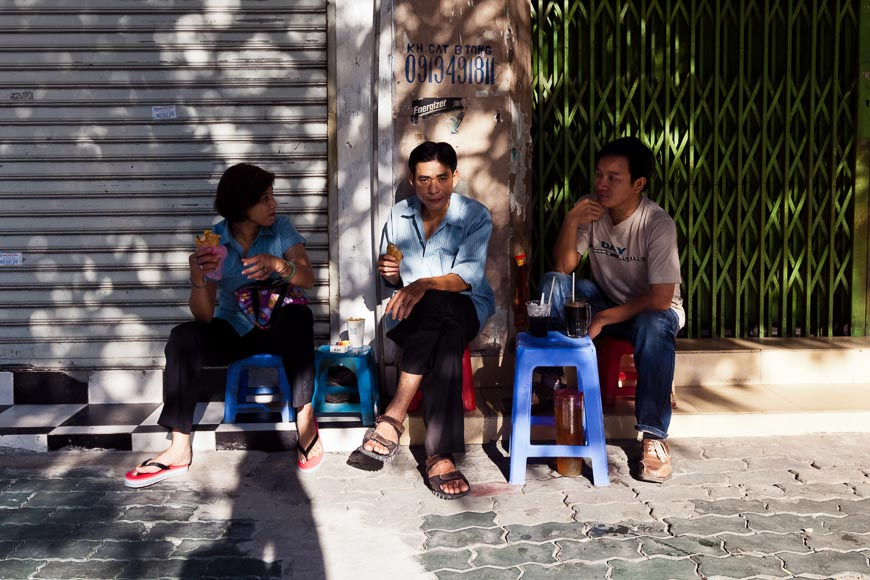
The abundance of communal spaces lead to a collective lifestyle. We live outdoors and close together. Vietnamese are not used to the Western idea of personal space or private matters. Your bánh mì seller may ask if you’re married, then insist on setting you up with someone. Don't be alarmed. She's merely looking out for you and welcoming you as one of us.
2. Growing Up One Two Wheels
When we’re not sitting on plastic stools catching up over a drip coffee, we’re probably riding on our motorbikes. For us Vietnamese, a motorbike is more than a means of transport. A ride is not always about getting from point A to point B. On a balmy night, you’ll see families, friends and couples riding around on motorbikes to enjoy the cool breeze, having a chat, or people-watching with occasional stops for tasty snacks.
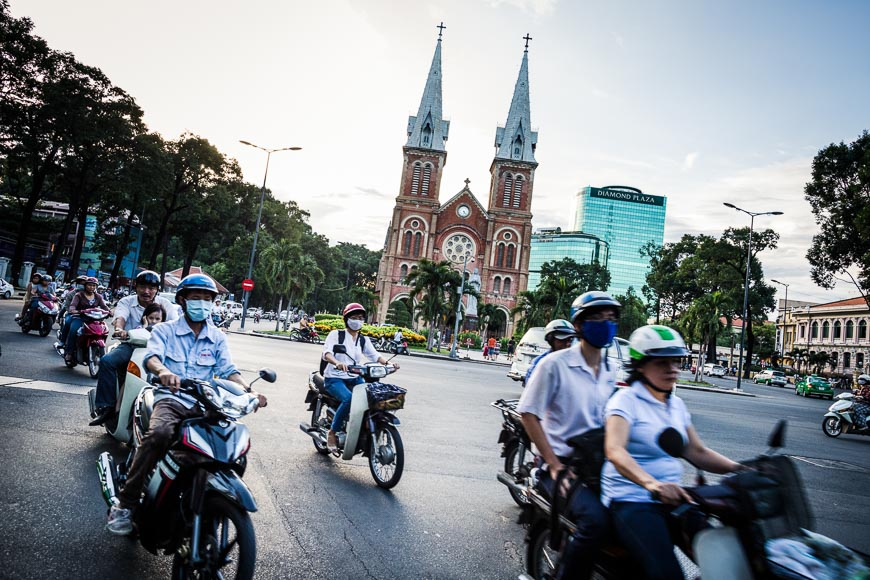
Growing up with motorbikes also means a lot of memories are attached to these two-wheelers. A Vietnamese will always remember being sandwiched between mom and dad on a ride to school. First dates often start with a motorbike pick up. A phượt road trip is defined by motorbiking with friends to the mountains, beaches, or countryside. So when you’re offered a ride on a local’s motorbike, take it. That’s an invitation into the Vietnamese life you don’t want to miss.
3. Hiding From The Sun
Most Vietnamese like having fairer skin, so we cover up when the sun is out. With some coastal towns getting up to 300 days of sunshine a year, it’s easy to see why we may take it for granted. For us, a sunny day is best enjoyed indoors or in the shade. Tanning by the swimming pool? No thanks, we’ll pass.
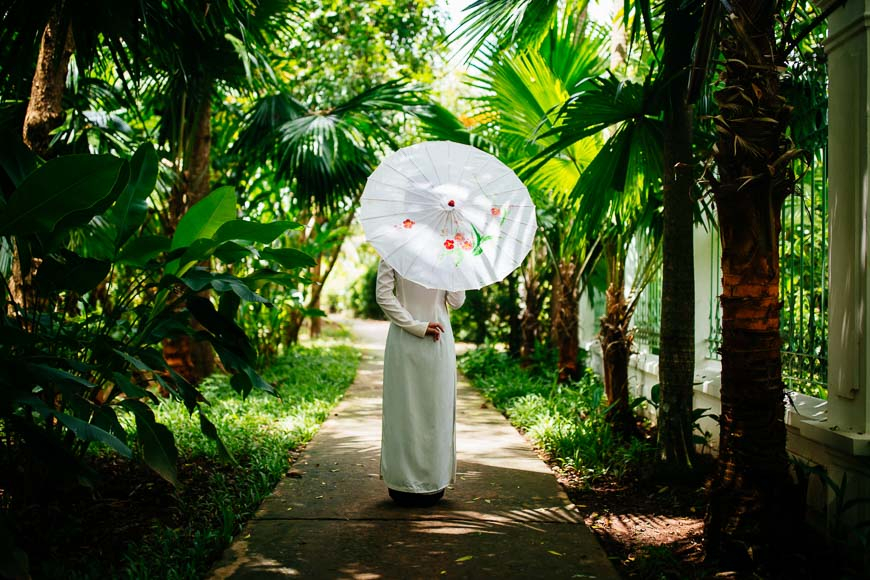
Vietnamese women go to great lengths to shield themselves from the sun with long sleeves, gloves, masks, sun hats... you name it. An ‘anti-sun skirt' is a piece of fabric wrapped around the waist to cover up the lower body while riding a motorbike. This is also why Vietnam’s beaches are mostly empty during the day, but busy in the early morning or late afternoon.
4. Sharing (Food) Is Caring
Food is a big part of our culture, and so is the way we share it. Meals are often eaten family-style with everything laid out on the table for all to dig in. Guests are asked to stay for a meal if they come by around dinnertime, and their bowl will be filled with food picked out by the host. ‘It’s only an extra bowl and a pair of chopsticks’, we always say.
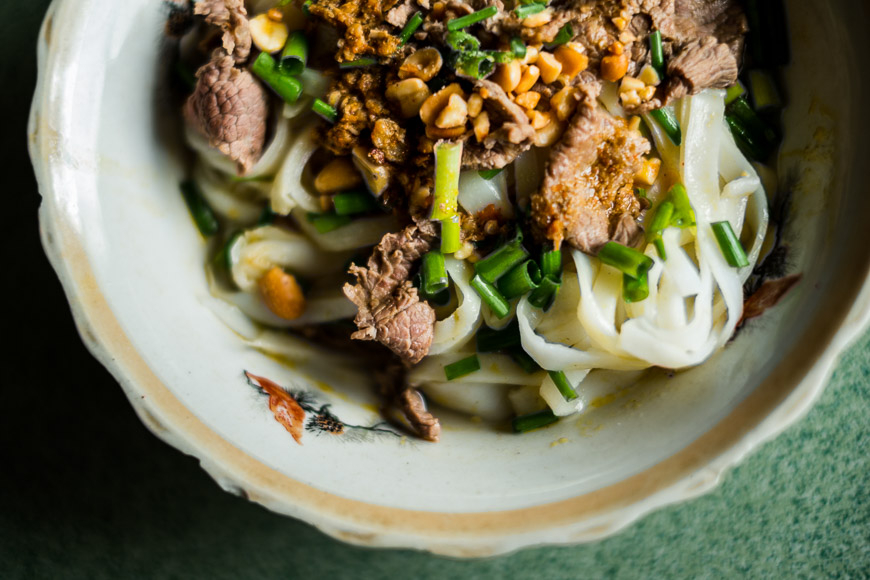
Vietnamese are not the most explicit people when it comes to displays of affection. We shy away from saying ‘I love you’, so we turn to food instead. Students attending schools far from home get care packages filled with food prepared by their moms and grandmas every other week. ‘Em ăn cơm chưa?’ or ‘Have you eaten rice yet?’ is one of the most cliches flirty texts used by youngsters across the country.
5. The Perks Of Getting Older
Age comes with a lot of perks in Vietnam. Older is seen as wiser. Grandparents, parents, and older siblings occupy the top rankings in the house, and different pronouns are used to address someone who is younger or older. The Vietnamese word lễ phép roughly translates to politeness or manners, but it really means being courteous, respectful, and even compliant to older people.
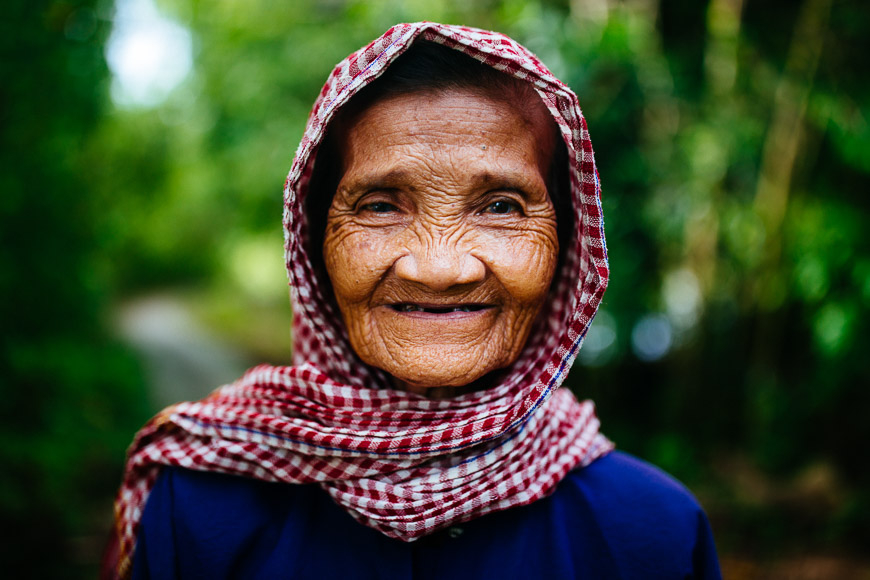
Most Vietnamese homes have an ancestral altar, where food is offered on special occasions such as a death anniversary, Tết (Lunar New Year), or Ghost Festival. Respect for the elderly, especially family members, carries on even after their passing. We wait for the incense to burn out (a sign that our ancestors have finished eating) before starting our own meal. Even then, meals begin only when the oldest person takes the first bite.
6. Running Rhymes
In Vietnam, rhymes are not only for children’s literature. We love them, no matter what age. Our poetic forms rely heavily on rhymes, as do most of our idioms, proverbs, and even jokes. Shop owners hang funny poems outside to advertise their food, while schools and government bodies write rhyming couplets for public campaigns. Any Vietnamese can write a poem. A ‘toad poem’ (thơ con cóc) specifies one written by a commoner about daily life. The subject can be anything, no matter how mundane. For example:
Trời buồn trời đổ cơn mưa,
Ta buồn ta ngủ từ trưa tới chiều.
The sky's sad, it starts to pour,
I’m also sad, I sleep and then sleep some more.
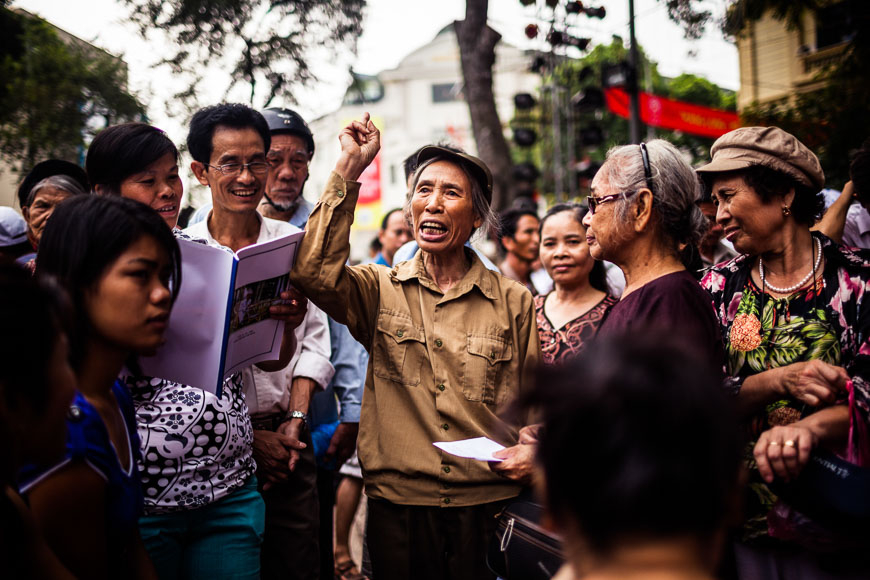
Toad poems can also be satirical, especially about love.
Muốn ngủ ngon thì đừng lấy vợ,
Muốn không nợ thì đừng có yêu.
For a good night's sleep, marry no wife,
For a debt-free life, don't fall in love.
7. Resistant And Resilient
Peculiar practices and poetic humour aside, one thing that connects all Vietnamese is our resilience. Vietnam has seen its fair share of hardship, but we persevere. We seem to have a knack for bouncing back from adversity. Vietnam is now one of the world’s most inspiring destinations, not only because of our breathtaking landscapes, rich history, and award-winning tourism products, but also the stories our people have to tell. An underdog that just won’t quit and comes out even stronger? Now that is something we can all relate to.
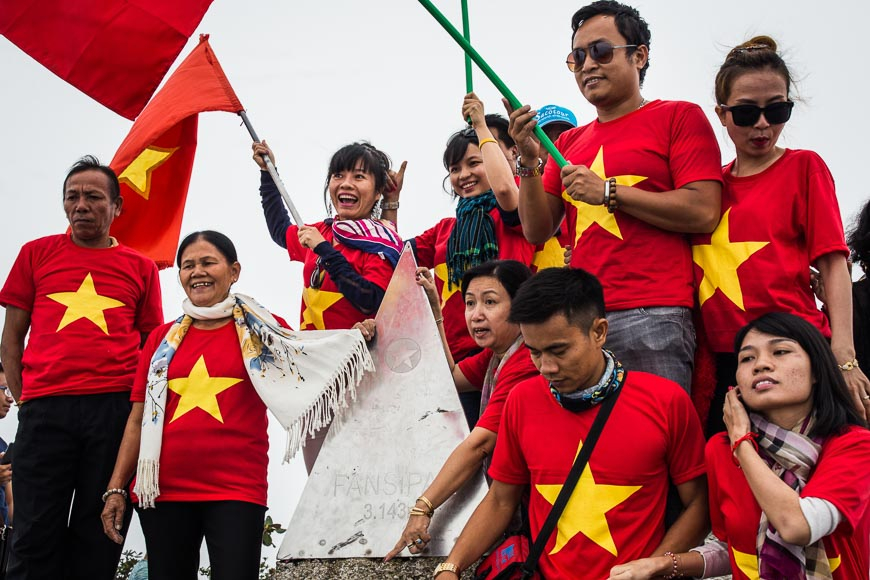
Source: Internet








